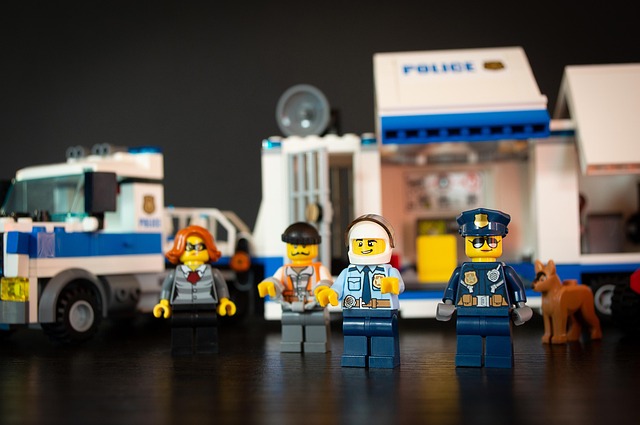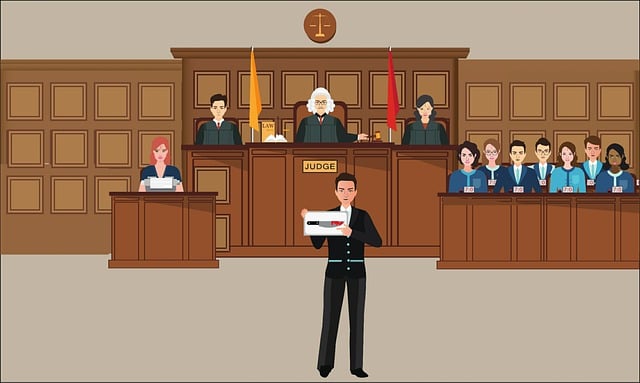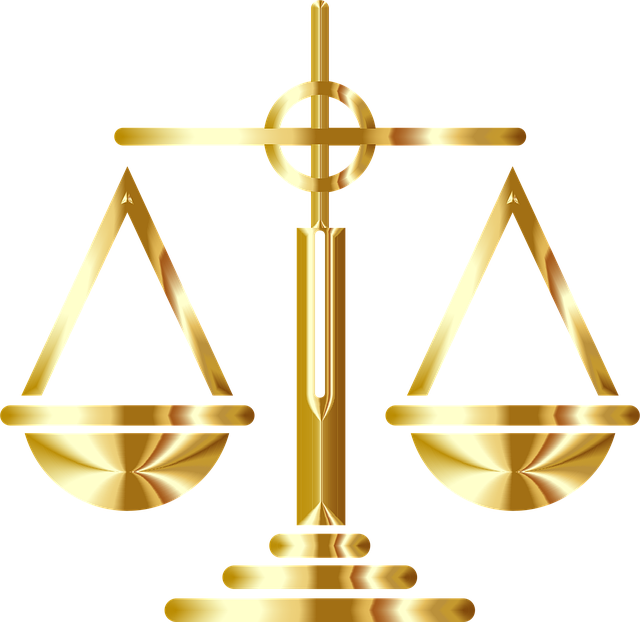Environmental crime trials, high-stakes cases involving pollution and ecological damage, have gained public attention through famous class action lawsuits against major corporations. These lawsuits, like the historic "Smog" cases from the 1970s, set important precedents and resulted in substantial settlements. They not only compensate victims but also serve as powerful deterrents for future environmental crimes, fostering a culture of responsibility among corporations and inspiring global collective action for environmental protection.
Environmental Crime Trials: Holding Perpetrators Accountable for Ecological Damage. This article explores the legal landscape of environmental crime trials, delving into their significance as a tool for justice and deterrence. We examine notable famous class action lawsuits in history that have shaped environmental law, from historical cases to modern-day examples. By analyzing these instances, we gain insights into the impact of environmental justice and its evolving role in holding polluters accountable, paving the way for a sustainable future.
- Understanding Environmental Crime Trials: A Legal Perspective
- Notable Environmental Class Action Cases Throughout History
- The Impact and Future of Environmental Justice in Lawsuits
Understanding Environmental Crime Trials: A Legal Perspective

Environmental crime trials are legal processes that address violations of environmental laws and regulations, often involving complex issues and significant impacts on communities and ecosystems. From a legal perspective, these trials present unique challenges and opportunities. They require a deep understanding of both environmental science and legal principles to ensure justice is served. In recent years, high-stakes cases have brought environmental crimes into the public eye, highlighting the importance of holding perpetrators accountable.
Famous class action lawsuits in history, such as those against major corporations for pollution and ecological damage, have set precedents for handling these matters. These cases often result in substantial settlements or verdicts, reflecting the severity of the environmental transgressions. Jury trials play a crucial role in these high-profile cases, allowing communities affected by environmental crimes to participate directly in seeking justice. Moreover, successful prosecutions not only compensate victims but also serve as deterrents for future white-collar and economic crimes against our planet’s precious resources.
Notable Environmental Class Action Cases Throughout History
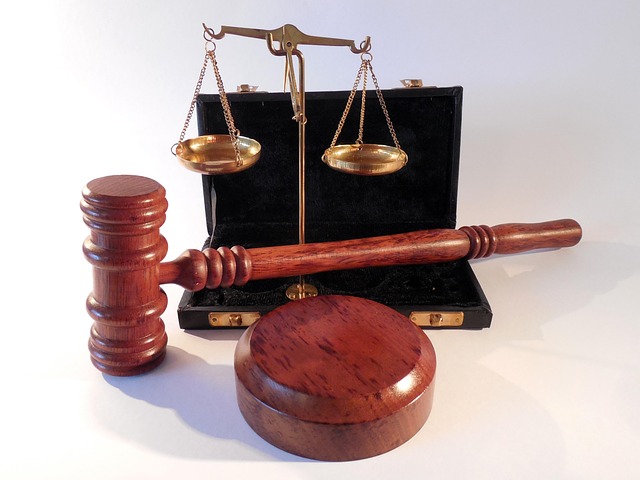
Throughout history, famous class action lawsuits have played pivotal roles in environmental protection and justice. Notable examples include the 1970s’ “Smog” cases, where communities successfully sued industrial companies for contributing to air pollution, leading to stricter regulations and setting a precedent for environmental litigation. These early high-stakes cases paved the way for robust legal frameworks addressing ecological crimes.
Subsequent environmental class action lawsuits have targeted various industries, from oil companies responsible for widespread contamination to agribusiness giants linked to water pollution. The success of these endeavors lies not only in financial damages but also in holding perpetrators accountable throughout all stages of the investigative and enforcement process. Jury trials in such cases have often resulted in substantial settlements, reflecting the severity of environmental damage and sending a clear message that corporate negligence will not be tolerated.
The Impact and Future of Environmental Justice in Lawsuits
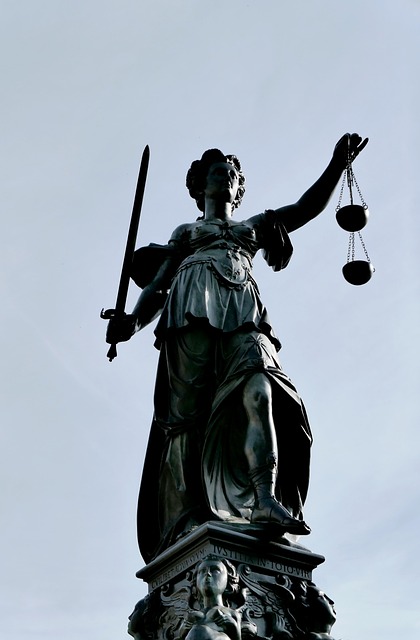
The pursuit of environmental justice through lawsuits has gained significant momentum in recent years, with notable success stories that have set precedents for future cases. Famous class action lawsuits in history, such as those against major polluters, have not only brought much-needed attention to ecological issues but also resulted in substantial monetary compensation for affected communities. These high-stakes cases send a powerful message that environmental crimes will no longer go unpunished. By holding corporations and individuals accountable, the legal system is fostering a culture of responsibility where preventing pollution and other environmental offenses becomes a priority.
Looking ahead, the impact of these trials on environmental policy and corporate behavior promises to be profound. As lawyers continue to navigate complex legal landscapes, their efforts in securing justice for environmental harm could lead to more stringent regulations and improved enforcement mechanisms. Moreover, the strategy of using lawsuits as a tool for change may inspire communities worldwide to take collective action against polluters, ensuring that future generations inherit a cleaner and healthier planet.
Environmental crime trials play a pivotal role in upholding environmental justice, as seen from notable class action lawsuits throughout history. These legal battles have not only held polluters accountable but also shifted societal awareness towards sustainable practices. As we look to the future, strengthening environmental laws and fostering international cooperation will be essential to address global ecological challenges effectively. By learning from past successes, we can continue to build a more sustainable and equitable world through robust legal mechanisms.


